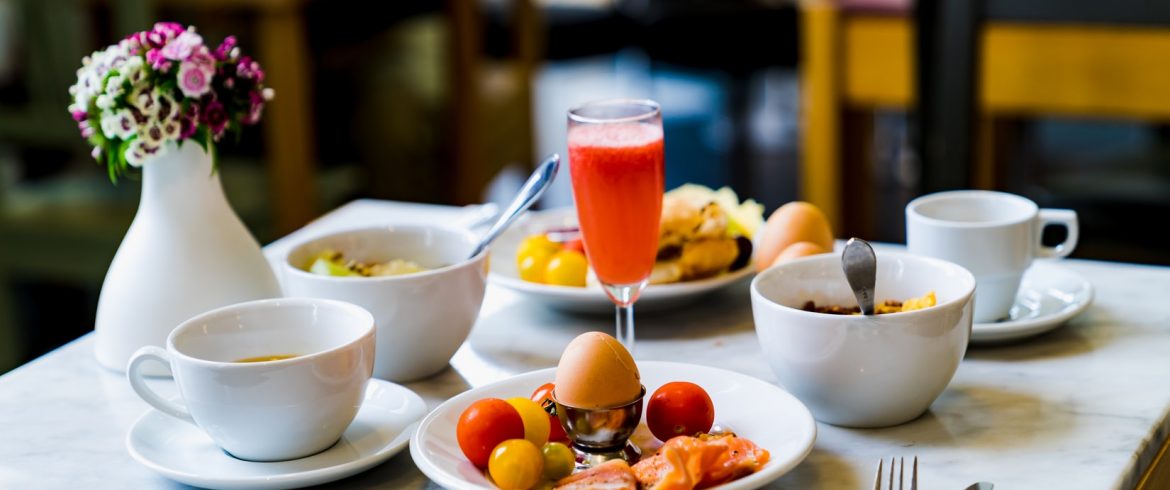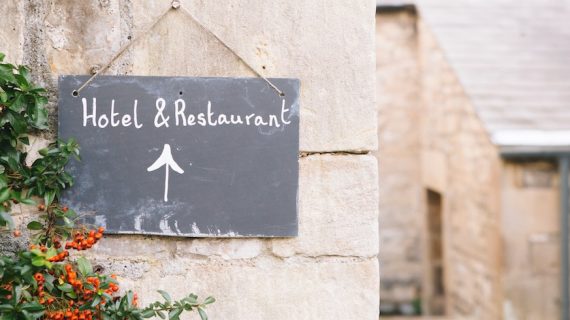The global tourism and hospitality sectors have been hit particularly hard by the Covid-19 pandemic. Despite the ban on inter-regional and European travel being lifted, only approximately 40% of hotels and other accommodation entities have reopened in Italy. Although more hotels, bed and breakfasts, and lodges are planning to reopen shortly, as many as 20% expect to remain closed until at least the end of August.
As a whole, the hospitality industry has been forced to diversify significantly now that we are becoming accustomed to a new normal. Here’s a closer look at what innovative steps are being taken to ensure that the industry survives in a post-pandemic era and stays eco-conscious in the process.
The face of hospitality is changing
It is not only hotels, lodges and restaurants that have to adapt to the ‘new normal’. In May, Ecobnb announced new strict cleaning protocols that also included a very useful learning and certification program. Some of the new safety measures that were developed to safeguard hosts and clients include a 5-step cleaning process, individual room checklists, and staggered reservation. Imaginative hosts have also taken it upon themselves to make other changes to their Ecobnb set up in order to accommodate guests in a safe environment. Many communal kitchen facilities have made way for basic in-room amenities. Where this is not possible, the list of offered facilities has either been altered alongside the room rate, or meals have been included in the offering. Hosts can also supply guests with Covid-19 care packages, consisting of face masks, hand sanitizer and information booklets, in a bid to make them feel valued during these trying times.
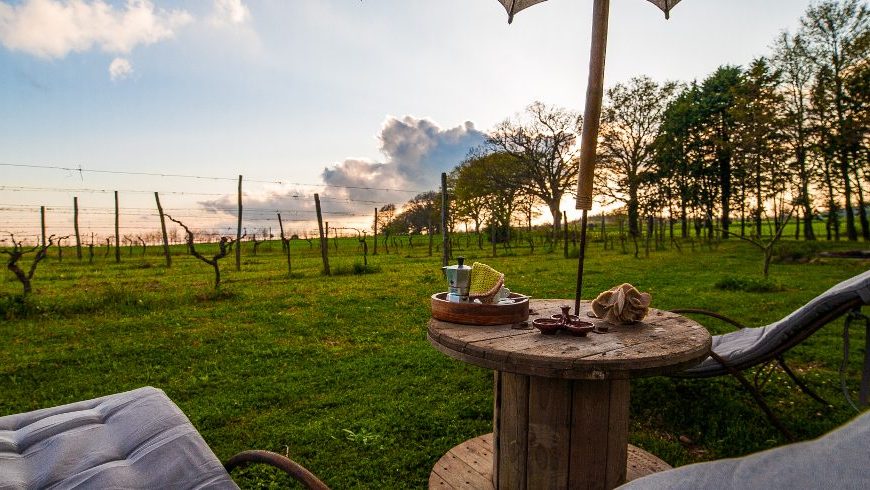
Staff safety is of the utmost of importance
One of the biggest challenges faced by the hospitality industry at present is keeping its workers safe. Operators within the hospitality industry are showing a very distinct commitment to the health of their workers by not only following governmental safety guidelines to the tee, but also by investing in state-of-the-art cleaning equipment, such as hand-sanitizing stations and the best face masks money can buy. Despite the utmost care being taken to ensure that both guests and employees remain safe, the risk of becoming infected with the coronavirus always exists. For this reason, it is imperative to ensure that all employees are sufficiently covered by workers compensation insurance. The insurance will provide coverage to employees for any illness or injury arising out of their employment – including exposure to Covid-19.
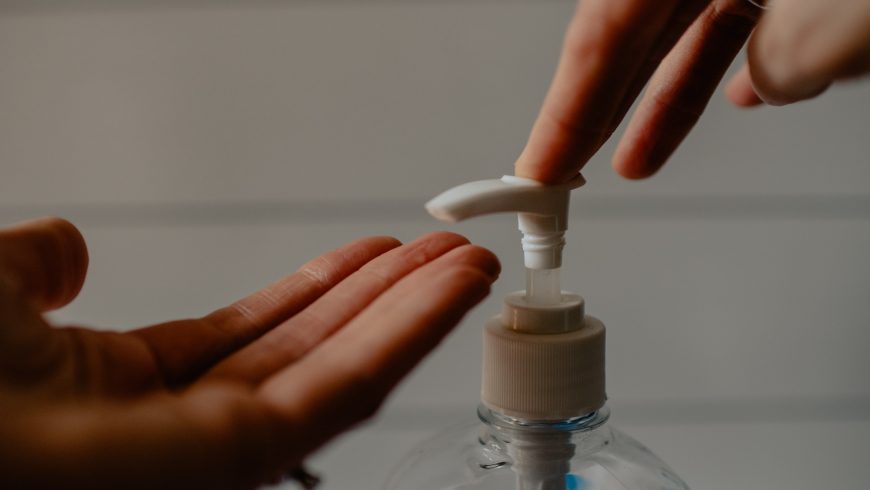
Sustainable eatery changes can promote health and safety
One of the most effective ways, apart from regular sanitizing, to keep Covid-19 at bay is to make use of sustainable, disposal objects wherever possible. Restaurants and hotels both benefit from using cutlery and food packaging made from eco-friendly materials, such as bamboo and recycled cardboard. Menus should also be printed on recycled paper and disposed of after use. Operators also need to make an effort to educate guests and customers on safe dining protocol. Informative social media and website posts, together with in-store material, can go a long way in helping employees and customers stay safe during the pandemic.
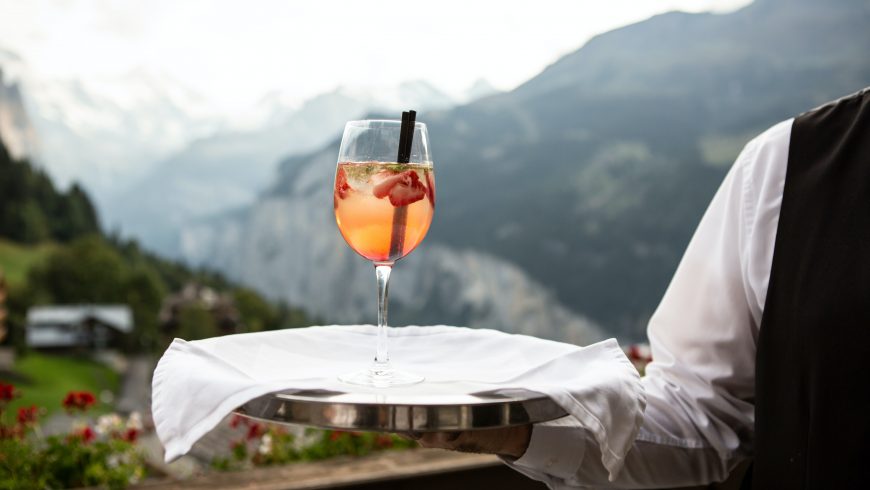
Covid -19 took the world by surprise. Now, as we start to become accustomed to the new normal, it is important to diversify as much as is needed to ensure economic survival in the foreseeable future.
